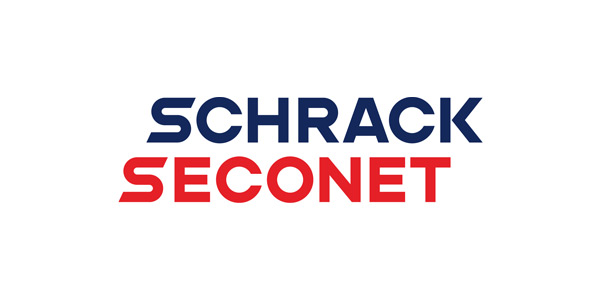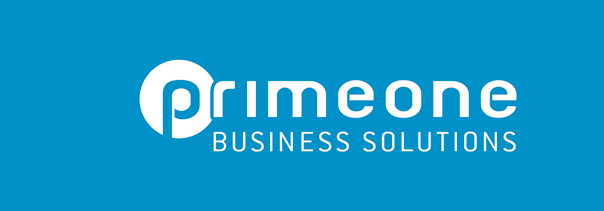
Implementation partner:
Schrack Seconet AG
Implementation period:
Pilot launch after 4 months, ongoing rollout
Products:
Oracle Field Service Cloud, Oracle Integration Cloud
Optimization of field service management at Schrack Seconet
In field service management, the optimal scheduling of the various resources is a major challenge. As Christoph Jaritz, Branch Manager Styria & South Burgenland at Schrack Seconet, explains, the scheduling staff have to take numerous factors into account, such as travel distances, appointment arrangements, technician qualifications, working time models and material consumption. On the other hand, the field staff spend a lot of time creating service reports, recording material usage and recording working hours.
The Oracle Field Service Cloud was implemented to overcome these challenges. It enables field service staff to make scheduling more efficient by using algorithms that take into account all relevant factors and recognize spontaneous orders and available time slots. Field staff can also use the solution on the move via the mobile app to enter orders, create service reports and log their working time and material consumption. This has enabled Schrack Seconet to greatly speed up the previously time-consuming manual processes.
A central aspect of the project was the integration of the Oracle Field Service Cloud with the Microsoft NAV ERP system and the ServiceNow ticket solution using the Oracle Integration Cloud. This integration enables Schrack Seconet to centralize data and ensure real-time coordination between all parties involved - office, field service, warehouse and customers.
After just 4 months, the pilot phase was successfully launched at the Styria branch. The Oracle Field Service Cloud has been in productive use in Styria since April 2021 and the feedback from employees has been consistently positive. Schrack Seconet plans to roll out the solution in other branches by the end of the year. The introduction of the Oracle Integration Cloud has significantly improved efficiency in deployment planning and driven process optimization.
For Schrack Seconet, the centralization of data and real-time communication between internal and external technicians, partners and customers is playing an increasingly important role. Thanks to the modular structure of the Oracle solutions, the software can be flexibly adapted to the needs of the company so that Schrack Seconet remains up to date and can react quickly to changes and new regulations.
Reducing the number of forms is particularly important for the company. The use of digital tools eliminates paperwork, and mandatory fields and pre-filling significantly reduce the error rate.
The successful implementation of the Oracle Field Service Cloud and the Oracle Integration Cloud has helped Schrack Seconet to optimize resource planning in field service management and enable more efficient collaboration between departments. Thanks to the close partnership with us and the flexible, future-proof cloud solution, Schrack Seconet is looking forward to a successful rollout in other branches.




